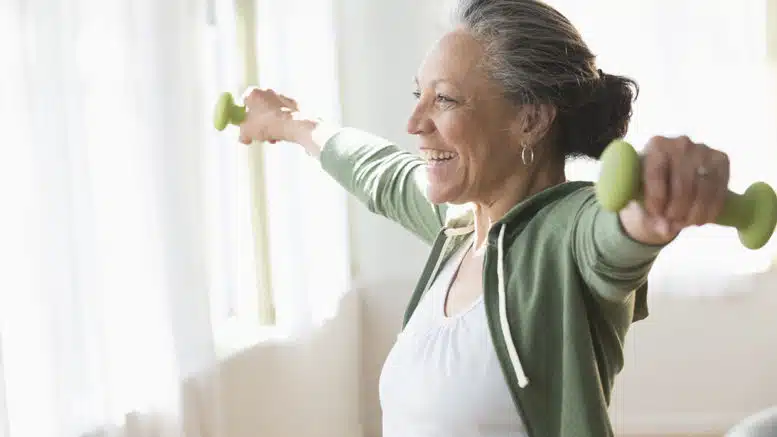A groundbreaking study conducted by the Smidt Heart Institute at Cedars-Sinai has shed light on a significant gender disparity concerning exercise and its impact on cardiovascular health. Published in the Journal of the American College of Cardiology (JACC), the research reveals that women can achieve greater cardiovascular benefits from exercising less frequently compared to men.
Lead author of the study, Dr. Martha Gulati, emphasizes the historical and statistical discrepancy between men and women in terms of engaging in meaningful physical activity. However, the study’s findings present a promising revelation: women can derive more cardiovascular gains from each minute of moderate to vigorous exercise than men. This insight serves as an encouraging incentive for women to prioritize physical activity for their heart health.
The study, which analyzed data from over 400,000 U.S. adults spanning from 1997 to 2019, examined various parameters of leisure-time physical activity and its gender-specific outcomes. Dr. Susan Cheng, the senior author of the study, highlights the reduction in mortality risk associated with regular physical activity, with women experiencing a 24% risk reduction compared to 15% in men.
Remarkably, the research demonstrates that women achieve optimal survival benefits with significantly less exercise compared to men. For instance, while men attain peak benefits from approximately five hours of moderate to vigorous aerobic activity per week, women experience similar benefits with just under 2 1/2 hours per week. Similarly, in muscle-strengthening activities, men peak at three sessions per week, while women achieve comparable benefits with just one session.
Moreover, the study reveals that women can further enhance their cardiovascular health by exceeding the recommended activity levels, suggesting a nuanced understanding of sex-specific physiology in the context of exercise-related clinical outcomes. Dr. Christine M. Albert underscores the significance of these findings, expressing hope that they will inspire inactive women to recognize the immense health benefits associated with regular physical activity.
In conclusion, the study provides compelling evidence supporting tailored exercise recommendations based on gender-specific differences, offering a pathway for women to optimize their cardiovascular health through manageable and achievable levels of physical activity.

